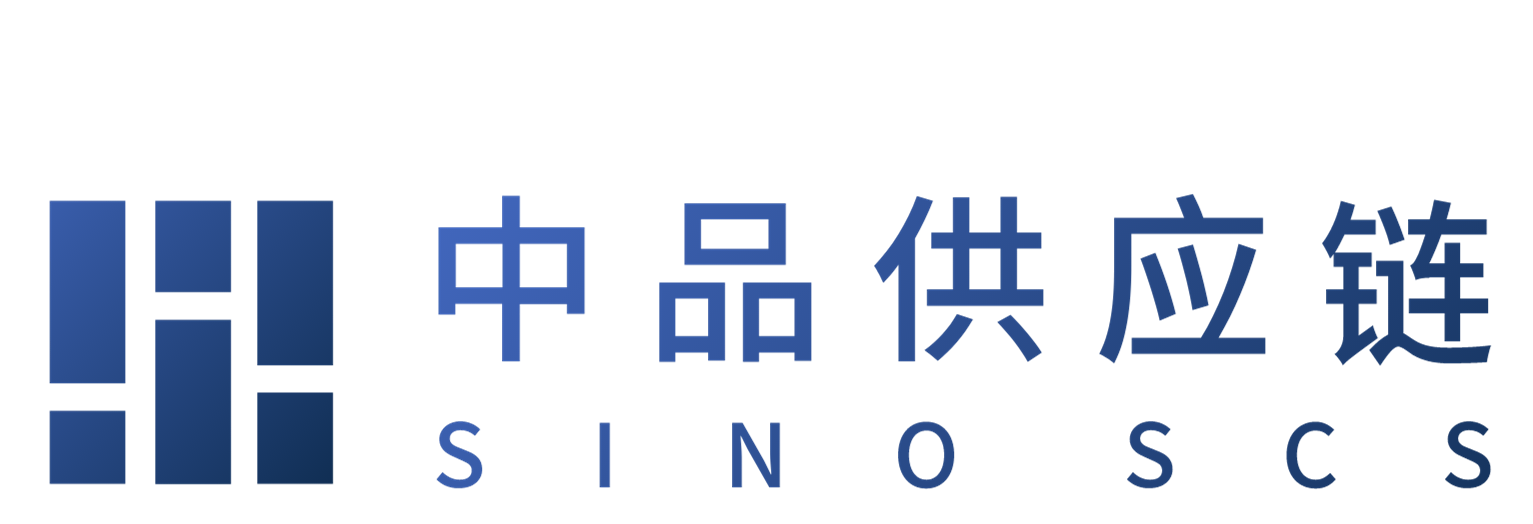Eight ‘compass points’ of supply chain resilience

A “Resiliency Compass” has been created by the World Economic Forum (WEF) to help manufacturing companies prepare for supply chain disruptions.
The compass, drawn up by the WEF and Kearney, includes eight qualities that the most resilient supply chain functions embody, based on a survey of 400 senior supply chain and operations executives and representatives from government and academia.
Of those surveyed, only 12% of businesses were identified as “resilience leaders”, with the “remaining 88% needing to take immediate action to build resilience”.
The report said the pandemic, cyber attacks, climate crises and geopolitical tensions were leading to an increase in supply chain disruptions, but most companies were not prepared for such events. Respondents said more than 75% of their time was now spent on resilience-related challenges.
The eight points of the Resiliency Compass are:
1) Product portfolio
This means focusing on ensuring product availability through active portfolio management.
Companies highlighted as successful offered simplified portfolios designed to allow for interchangeable inputs and production arrangements when supply shortages or factory interruptions occur.
Only 13% of companies displayed what the report called a “high degree of capability” in this regard.
2) Customer orientation
“A smart customer orientation is strategically designed to ensure customer demand can be met while remaining agile and flexible,” the report said. It stressed this is more of a long-term investment, due to the challenges of shared manufacturing space across business divisions, regions and even industries.
3) Financial viability
The report stressed the need for transparency regarding financial health across end-to-end value chains.
It is vital companies are able to adjust cost base to subsidise key suppliers to ensure input materials and remain cash positive.
While the report pointed to how larger companies were more likely to excel in this area, it found 86% of firms were either not prepared for major disruption or had to shed costs to cope with the financial implications of Covid-19.
4) Go-to-market channels
The WEF said 39% of businesses needed to urgently modernise their go-to-market approach if they want to remain ahead of market disruptions.
It said a diversified customer distribution network incorporates multiple channels and a high degree of automation to increase reliability.
Smaller firms were actually more successful at this than larger ones, the report said, with 64% of smaller firms successful at adapting to customers’ changing needs, such as new channel preferences, new geographies, or new customers.
5) Logistics
Strong logistics systems are “the holy grail” to many firms, yet only 14% of companies felt satisfied in their logistics set-up.
A strong logistics system is reliant on close collaboration between firms and logistics partners across the supply chain.
6) Manufacturing networks
Resilient and responsive manufacturing networks allow for production continuity by adapting production locations and products as necessary. The report found 40% of firms were still “highly dependent” on region-specific manufacturers, which limits adaptability.
7) Supplier landscapes
The report found companies which are reliant on particular suppliers, regions, and commodity products were “vulnerable” to disruptions. Companies were advised to create advanced supplier relationships to negate the effects of disruption.
Striking a balance between diversifying the supplier base and creating strategic partnerships with key vendors is “crucial” to protecting the availability of essential input materials. As a result of Covid-19, 13% of firms have already begun to improve their balance in this area, and a further 47% said they were in the process of developing their supplier strategy.
8) Advanced planning
Only one in eight firms had incorporated new technologies and planning tools to help adapt their businesses to sense shifts in demand, which allows companies to quickly and effectively adapt to change.
The report found companies headquartered in the US and China showed the most progress in planning capabilities, and the consumer and retail industry was the most advanced sector in this area.

